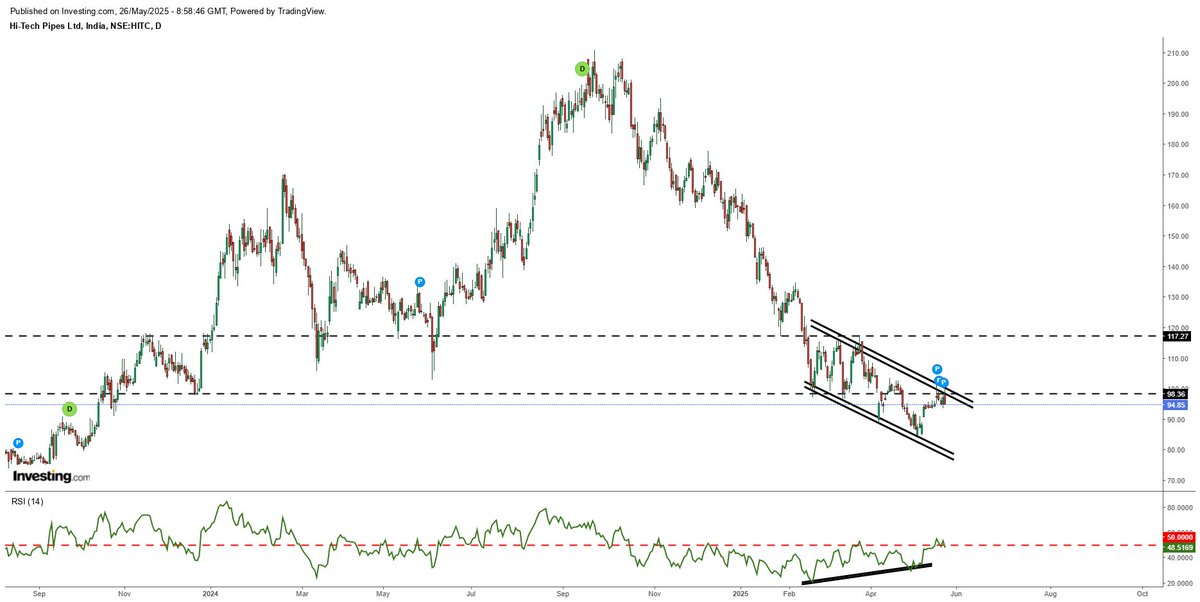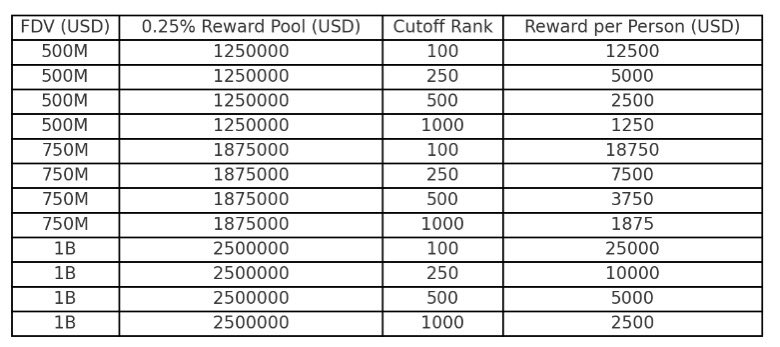—
Understanding the Impact of AI on Modern Markets: Beyond the Hype
Artificial Intelligence (AI) has moved far beyond the realm of sci-fi dreams into a tangible force reshaping industries, economies, and financial markets. As we navigate a future increasingly powered by AI, it’s crucial to understand its multifaceted impact on markets, from catalyzing innovation to posing new risks and ethical questions. This report explores how AI is influencing modern markets, what it means for investors and corporations, and how its ripple effects might redefine financial landscapes.
—
Setting the Stage: AI’s Rapid Integration into Markets
The conversation around AI often centers on automation and futuristic robots, but its market influence is broader and deeper:
– AI as a Productivity Multiplier: Companies integrating AI tools—from predictive analytics to natural language processing—are optimizing operations, improving customer experiences, and unlocking new revenue streams. This dynamic shifts market valuations as investors prize firms with AI-driven efficiency.
– Investment in AI Technologies: Venture capital and corporate R&D funding have flooded into AI startups and strategic projects. Fields ranging from healthcare to finance leverage AI for drug discovery, fraud detection, and algorithmic trading. This influx signals confidence in AI’s market potential but also fuels competitive pressure to deploy AI solutions rapidly.
– Data as the New Asset: AI models thrive on data. Firms that control vast, high-quality data sets gain strategic advantage, which translates into market power and influence, reshaping competitive dynamics even in traditional sectors.
—
AI’s Role in Stock Market Evolution
The stock market is both a barometer and beneficiary of AI’s influence. Several trends emerge:
– Algorithmic and High-Frequency Trading (HFT): AI algorithms power trades executed at lightning speeds, leveraging patterns invisible to humans. While this boosts liquidity, it also raises concerns about market volatility and fairness.
– Sentiment Analysis and Predictive Tools: AI sifts through news, social media, and financial reports to gauge market sentiment and forecast movements. These tools sharpen investor strategies and contribute to more informed decision-making.
– Sectoral Winners and Losers: AI’s disruptive capabilities favor technology, biotech, and consumer staples innovators, but may challenge traditional industries slow to adopt AI, impacting their stock performance and risk profiles.
—
Risks and Ethical Considerations: The AI Double-Edged Sword
Despite its advantages, AI introduces several risks and ethical dilemmas affecting market confidence and sustainability:
– Automation and Employment Concerns: AI-driven productivity may displace jobs, posing economic and social challenges that reverberate through consumer markets and regulatory frameworks.
– Bias and Transparency: AI models can embed biases present in training data, leading to unfair outcomes. For markets, this can translate into legal risks and reputational damage for companies deploying unchecked AI systems.
– Cybersecurity Threats: AI-powered cyber attacks and fraud schemes heighten vulnerabilities, requiring sophisticated defenses and fueling demand for AI in cybersecurity solutions.
– Market Manipulation Risks: Advanced AI could be misused to manipulate stock prices or sentiment, necessitating vigilant regulation and ethical guidelines.
—
AI in Emerging Asset Classes: Crypto and Beyond
AI intersects intriguingly with digital assets like cryptocurrencies and NFTs:
– AI-Driven Crypto Trading: Machine learning algorithms identify trading opportunities in the notoriously volatile crypto markets, helping investors navigate complexity.
– NFT Valuation and Authentication: AI tools assist in verifying provenance, assessing authenticity, and detecting forgeries in NFT markets, addressing skepticism and fraud risks.
– Smart Contracts and Decentralized AI: The integration of AI into blockchain smart contracts promises self-executing agreements that adapt to changing conditions, potentially revolutionizing finance and supply chain sectors.
—
Macro Implications: AI and Economic Shifts
At the macro level, AI is poised to influence and be influenced by broader economic forces:
– Productivity Growth and GDP Impact: AI adoption is linked with productivity surges, potentially boosting economic growth, but benefits may be unevenly distributed across geographies and industries.
– Monetary and Fiscal Policy Challenges: Rapid AI-driven changes in labor markets and capital allocation complicate policy design, demanding innovative approaches to taxation, social safety nets, and workforce development.
– Global Competition and Strategic Landscapes: Nations leading in AI research and deployment gain geopolitical and economic advantages, influencing trade relations and investment flows.
—
Navigating the AI-Infused Market Future
For investors, entrepreneurs, and policymakers, AI’s integration into markets presents both a grand opportunity and a complex challenge:
– Adaptability and Learning: Individuals and firms must cultivate agility to harness AI tools effectively, continuously upgrading skills and strategies.
– Ethical Leadership: Balancing innovation with responsibility is crucial. Transparent AI practices, regulatory compliance, and stakeholder engagement build trust and sustainable value.
– Holistic Analysis: Understanding AI requires a blend of technical, economic, and socio-cultural perspectives, recognizing that markets are shaped not just by data and algorithms but human narratives and behaviors.
—
Closing Thoughts: Embracing AI’s Market Revolution
AI is rewriting the playbook of modern markets, blending speed, intelligence, and creativity. It invites us to rethink notions of value, risk, and opportunity in the digital era. While the road ahead includes bumps—from ethical quandaries to technological uncertainties—the transformative power of AI is undeniable.
Embracing this revolution with curiosity, prudence, and an eye on both innovation and impact will be key to thriving in a future where artificial intelligence is not just a tool but an indispensable market participant.
—
Sources
– McKinsey on AI and the Future of Markets
– Harvard Business Review: AI-Powered Trading
– World Economic Forum: AI Risks and Opportunities
– CoinDesk: AI in Crypto
– OECD Report on AI and Productivity
—











